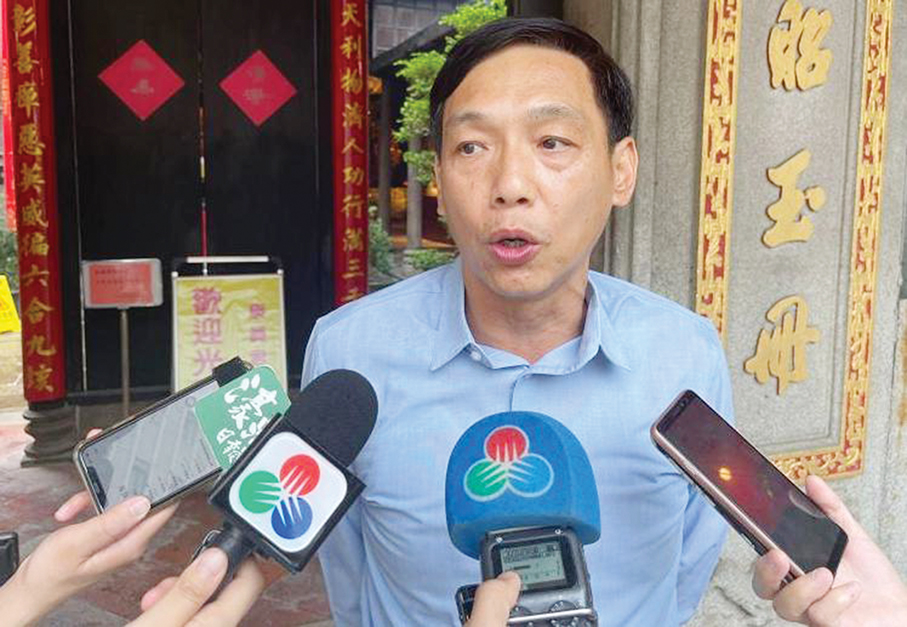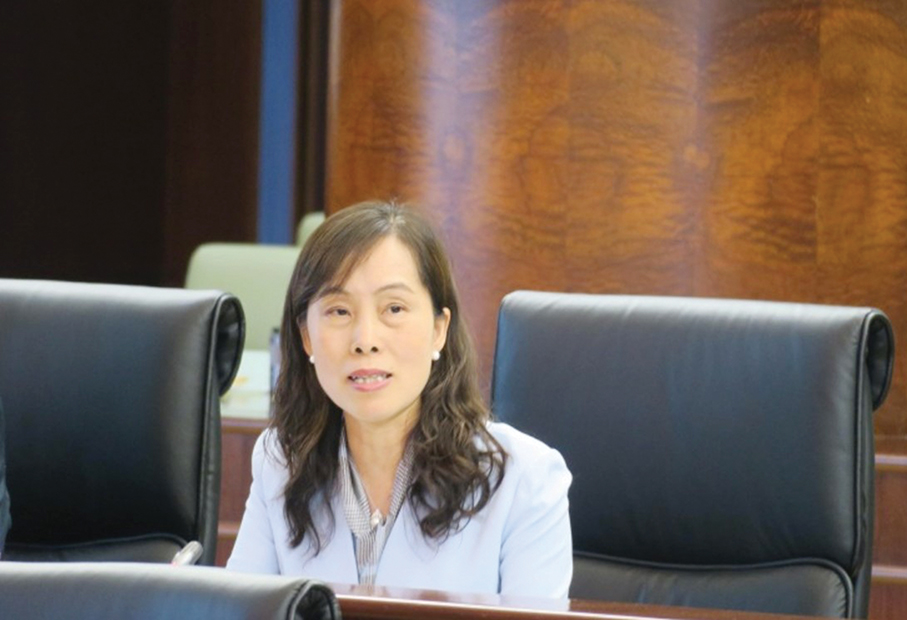The findings of a survey show that nearly 40 percent of young people aged between 18 and 34 suffer moderate-to-severe depression, with their major stressors arising from work, family and financial concerns.
The Mental Health Association of Hong Kong and Macau (MHAHK Macau) and the Faculty of Medicine of the Macau University of Science and Technology (MUST) released their joint “Macau Mental Health Survey 2024” on Friday at the Emperor Hotel in Zape.
The survey was conducted between April and July this year with the support of 23 local organisations and social service agencies, targeted at local residents, with nearly 1,500 valid questionnaires collected. The survey was aimed at enhancing public awareness of locals’ mental health and arousing attention in civil society to mental health problems, so as to realise the goal of “early detection and prevention”.
The survey results indicate that the risk of depression and anxiety disorders among the 1,500 respondents stood at 27 percent and 19 percent respectively, with the younger age group, i.e., aged 18-34, having a higher risk of these two mental health disorders than the respondents aged 34 and above. According to the findings, 35.9 percent of the respondents aged between 18 and 34 were at risk of experiencing moderate-to-severe depression, with a 19.4 percent prevalence among those aged 34 and above, while the risk of anxiety disorders was 25.2 percent in the younger age group and 14.9 percent in the group aged 34 and above.
Concerning the findings that the mental health risk among young people was higher than among older people, Lawrence Lam Tak-ming, a professor at the MUST Faculty of Medicine, said during Friday’s press conference that the government should, under the framework of its blueprint for a “Healthy Macau”, include young people as a key target group for mental health promotion, and with the objective of “giving priority to prevention” design suitable services for young people, such as online counselling and self-learning courses, or make full use of technology by setting up a virtual reality (VR) emotional experience centre and a mental health resource station: “They are at a critical stage of development in their lives and the mental health challenges they face should not be overlooked”.
The findings also show that more than half of the respondents did not intend to seek professional help when they felt depressed or anxious, as most of them preferred to seek help from their friends and family members, followed by clinical psychologists and counsellors as well as social workers. The findings listed the main reasons for the respondents not seeking professional help as being due to “having a busy life” and “high service fees”, while some said they thought they were capable of coping with the situation and others did not want to face it.
Speaking about the implications of the survey findings on mental health services, Ching Chi-kong, executive director of the Mental Health Association of Hong Kong and Macau, pointed out that as more than half of the respondents did not intend to seek professional help when emotionally disturbed, friends and family members became the “first line of defence” in protecting their mental health, because of which there was a greater need for the public to be more concerned about their own emotional health as well as the emotional health of those around them: “Participating in the mental health first aid training organised by social welfare organisations is an effective way to help individuals not only cope with their own emotional problems, but also provide timely and effective support to others when they are facing difficulties”.
He also urged the government to consider launching a five-year survey to continuously monitor the mental health status of local residents as part of its population health assessment.

Representatives of the Mental Health Association of Hong Kong and Macau (MHAHK Macau) and the Faculty of Medicine of the Macau University of Science and Technology (MUST), including Ching Chi-kong (left), the association’s executive director; and Lawrence Lam Tak-ming (second from left), a professor at the MUST Faculty of Medicine, preside over Friday’s press conference about the release of the findings of their joint “Macau Mental Health Survey 2024”, at the Emperor Hotel in Zape. – Photo: MHAHK Macau









